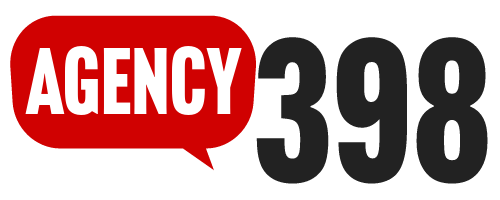PR NEEDS BETTER PR: ETHICS ETHICS ETHICS
Just like many do, when asked “what is the most ethical profession?” I think PR. Just kidding!
That would be a first. Public relations is hard to define to non-practitioners because it is a little bit of everything. In general, public relations includes building relationships between a company and the public. The best practitioners know how to make brands relatable and how to acquire public engagement and loyalty.
Now, is there anything inherently bad about this? No. Think about health information you get from the Centers for Disease Control and Prevention (CDC) or flyers announcing local community events or your favorite artist going on tour. This is valuable information that encourages safety, promotes social interaction and is entertaining.
Questions of ethical practices arise when it comes to campaigning on behalf of cigarette companies or representing celebrities with bad reputations. What is the moral line of what should or should not be advocated for? This is difficult to answer for a multitude of reasons and it is important to keep an open mind when analyzing a campaign or the specialist behind a campaign.
In the United States, the First Amendment to the Constitution protects freedom of expression and freedom of speech, legally. Things get a little dicey when we enter the social domain and where social media has opened a path for open communication and opinion sharing. In deciding who or who does not deserve PR, are we not limiting speech? I don’t know. What I do know is that as PR specialists we have the choice to work for companies that align with our own moral and ethics codes. The Public Relations Society of America outlines advocacy, honesty, expertise, independence, loyalty and fairness in the ethical code all public relation practitioners should follow and right out of college, I’m sure we all agree that’s what we should do.
However as the cost of living sets in and compensation offers from, let’s say, cigarette companies are grander than public nonprofits one can be tempted to go with the better pay. These are the types of situations that require public relation specialists to reflect on what they value morally and ethically from a professional and personal level. Likewise, companies should constantly evaluate whether they are being transparent with their employees about what the job requires, whether they offer a system where employees can vocalize concerns and whether their practices are aligning with their established company values.
As individual practitioners we should consider:
● Does the company mission statement align with my own?
● Would I hold myself accountable for work I do on behalf of a given company?
● Is there a cause that I would not support?
● Do I feel comfortable standing up to issues that violate my code of ethics?
● Do I know what I value? Public transparency, honesty, expertise…etc.
● Is there a difference between my professional ethical code and values and my personal code and values?
Public relations agencies should consider:
● Do we accept and value professional criticism from all employees, entry level to C-suite?
● Are we transparent with our employees about job expectations and company culture?
● Do we hold ourselves to the ethical codes set by the PRSA?
● Do we compromise our mission statement for the stake of a client or profit margin?
● Are we transparent with the public? Are we transparent with our clients?
● Do we have systems in place to monitor positive work culture, employee safety and transparency?
Throughout our careers, we will encounter moral dilemmas in which our contributions will affect ourselves, the company and the public. It is important that we define our own ethical codes and values before they are imposed on us without our input. Taking a moment to reflect on who we are, our boundaries and what lines we would be willing to cross enhance our ability to make intentional choices. Public relations is constantly changing and with good intentions behind our actions, its reputation will too.
Julieta Flores Romero is a creative writer, actress, and public relations specialist focusing on entertainment, media training and employee relations. Her background in theatre and orchestral performance has cultivated her attention to detail, organization, endurance and visual aesthetics.
Julieta interned with GAHSP Media and Systems where she assisted with market research, interviews and social media posts. She is currently studying Journalism with an emphasis on Public Relations at California State University, Northridge. She works with the ESPN+ Broadcasting team at CSUN to capture on field and court excitement. She enjoys operating the cameras and live graphics. Her love for the captivating human experience empowers her to keep learning and build relationships across different industries.
